Yes, ear pain can result from seasonal allergies, causing even more issues
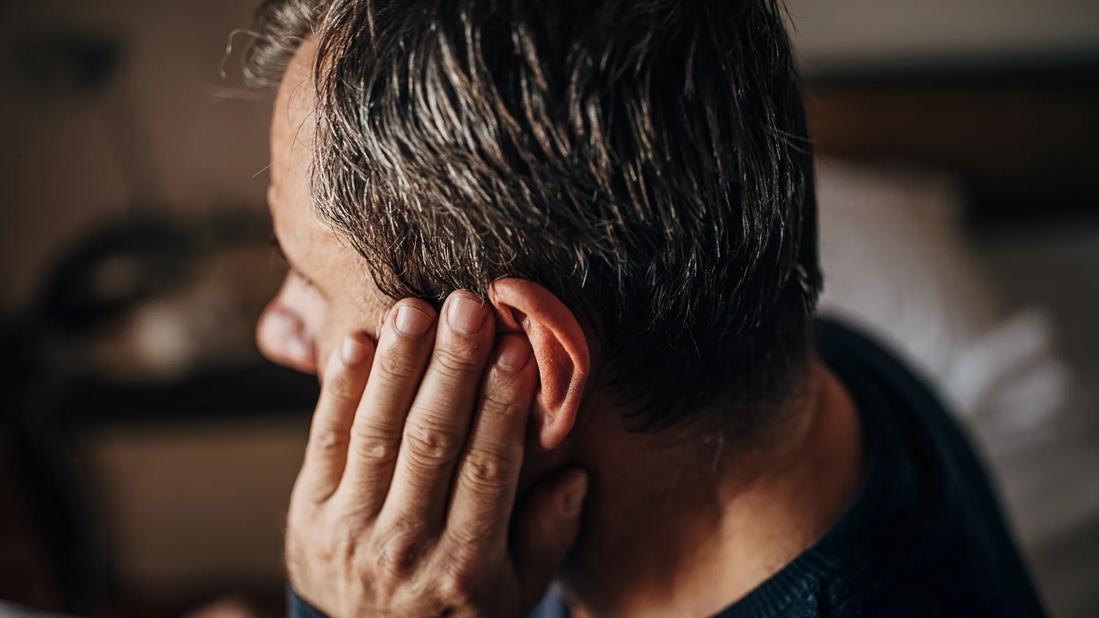
Allergies have a way of wreaking havoc on your body. Your eyes get itchy and swollen. Your sinuses feel stuffed. The congestion in your throat and chest never seems to go away. And ear problems, in particular, can come out of left field.
Advertisement
Cleveland Clinic is a non-profit academic medical center. Advertising on our site helps support our mission. We do not endorse non-Cleveland Clinic products or services. Policy
“Ear pain can be an unexpected turn of events when you have allergies,” says allergist Dylan Timberlake, MD. “It can make an already uncomfortable situation even worse.”
Dr. Timberlake explains why ear pain happens when you have allergies and the best — and worst — ways to treat it.
From dizziness and brain fog to a sore throat and poor sleep, allergies can have widespread effects. Your ears are in the line of fire, too. Itchy ears and ear pain are common complaints during allergy season.
To understand why, it helps to know a little about ear anatomy, says Dr. Timberlake. Your ear includes three main parts: the outer ear, middle ear and inner ear.
Your middle ear has a narrow canal (eustachian tube) that connects it to the back of your nose. The eustachian tubes drain fluid and equalize pressure inside your middle ear.
If you have nasal congestion caused by allergies, this inflammation can partially or fully block your eustachian tubes. This condition is called eustachian tube dysfunction.
“You may feel a sharp pain, dull ache or pressure in your ears — like when you drive up a mountain or fly,” illustrates Dr. Timberlake. “Some people describe it as a muffled feeling of being underwater.”
Advertisement
It can be challenging to know if ear pain is caused by allergies or an ear infection. You can always make an appointment with a healthcare provider, who can figure out what’s going on and determine the best treatment for you.
Asking these questions can also help you work out what’s causing the pain:
“Allergies don’t cause ear infections. However, if you have eustachian tube dysfunction and that fluid in your middle ear can’t drain as well, it sits in the middle ear space and becomes prone to infection,” Dr. Timberlake clarifies.
The main strategy for stopping ear pain and relieving some of the pressure is to get your allergies in check.
Healthcare providers recommend decreasing exposure to known allergens whenever possible. During pollen season, that might mean closing your windows or preventing your pets from bringing pollen into your home by bathing them often and keeping them on a short leash.
Over-the-counter medications are commonly used in allergy care. For example, nasal steroids, like fluticasone, reduce inflammation in your nose and back of your throat. Oral medications containing loratadine and fexofenadine block your body’s allergic reactions. For severe allergies, your provider may recommend a prescription medication to give you relief.
Allergy shots deliver small doses of an allergen to provoke an allergic response. The doses increase over time, allowing your body to get used to the allergen. So, you react less when you encounter the allergen in your environment. Allergy shots are available for most of the allergens that typically cause ear pain.
“Antibiotics are a common treatment for ear infections, but they won’t help if the pain is just due to a build-up of pressure and not an infection,” says Dr. Timberlake. “Home remedies can be effective in some situations.”
Some treatments for allergy-related ear pain and pressure can be a waste of time and money, states Dr. Timberlake. When in doubt, avoid these “solutions”:
Advertisement
Bottom line? When it comes to your allergies and ears, stick to the tried-and-true treatments providers recommend. They’re the best ways to control your allergy symptoms so they don’t control you.
Advertisement

Sign up for our Health Essentials emails for expert guidance on nutrition, fitness, sleep, skin care and more.
Learn more about our editorial process.
Advertisement

You can find sweet relief by swallowing, yawning and doing specialized maneuvers

Turning your head to the side and pulling your ear up and back is one common tactic for relief

Ear plugs, bathing caps, hydrogen peroxide and hair dryers can all help keep ears clean and dry
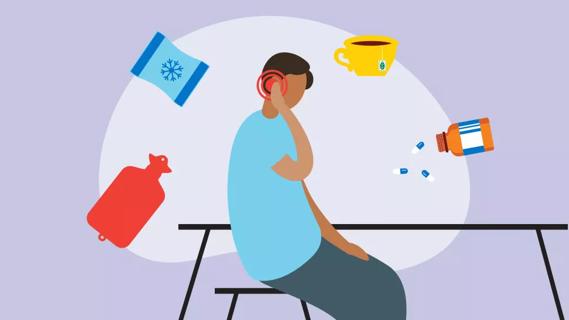
Not all ear infections need antibiotics — cold and warm compresses and changing up your sleep position can help
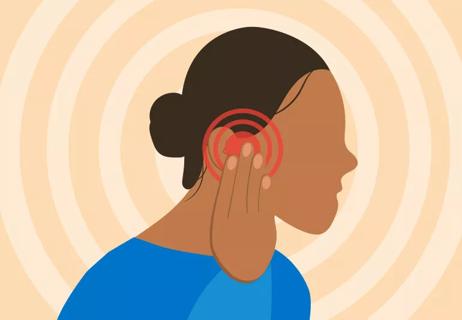
Ear infections can be painful, but essential oils may make the problem worse
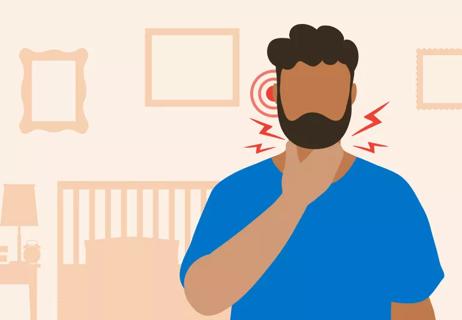
Throat and ear pain that lasts more than four weeks deserves serious attention
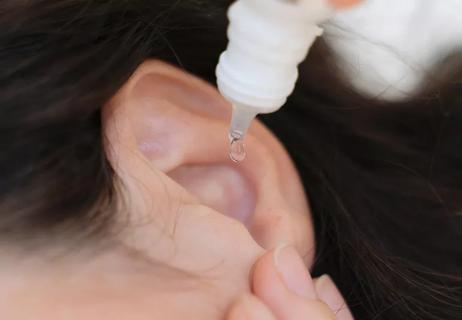
How to find a fix for the itch
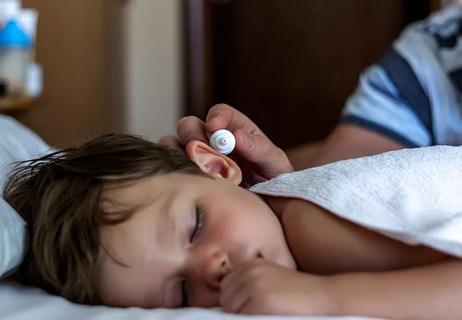
And two remedies to avoid at all costs

Even small moments of time outdoors can help reduce stress, boost mood and restore a sense of calm

A correct prescription helps your eyes see clearly — but as natural changes occur, you may need stronger or different eyeglasses

Both are medical emergencies, but they are very distinct events with different causes